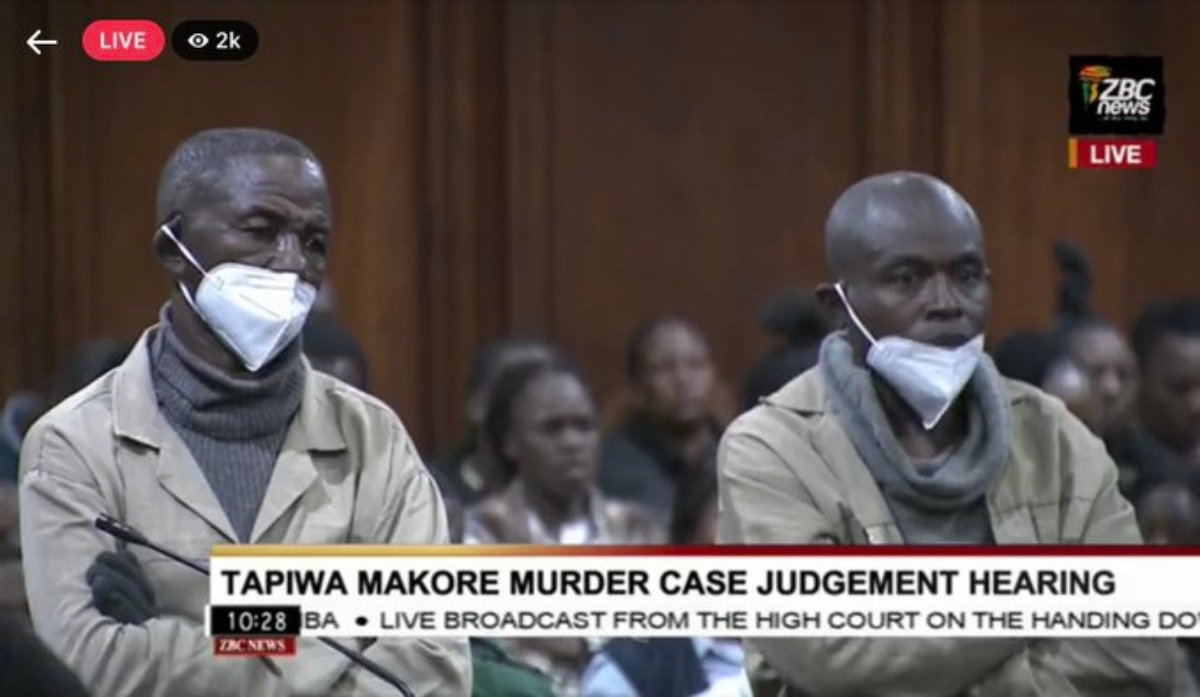Tapiwa Makore Biography: Tragic Death | Rituals | Burial | Court Case
Tapiwa Makore was a seven-year-old boy from Murehwa, Zimbabwe, who was brutally murdered in September 2020 in a suspected case of ritual murder. His body was found mutilated and dismembered, sparking widespread outrage and grief in the nation. His killers were later convicted.
Tapiwa Makore Early Life
Tapiwa Makore was born in 2013 in Nyamutumbu village, Murehwa, to Munyaradzi Makore and Linda Munyori. He was the youngest of three children and attended Nyamutumbu Primary School. His family and friends described him as a cheerful, smart and friendly boy who loved playing soccer and riding his bicycle.
Tapiwa Makore Tragic Death

Tapiwa Makore Biography [Image: ZimLIVE]
On September 17, 2020, Tapiwa Makore went missing after he was sent by his mother to look after the family garden. His disappearance triggered a frantic search by his relatives and neighbours, who later discovered his torso being eaten by dogs the following morning. His head, arms and legs were missing.
The police launched an investigation and arrested Tafadzwa Shamba, a herdsman who worked for Tapiwa’s uncle, Tapiwa Makore Snr. Shamba confessed to killing the boy with the help of Makore Snr and another uncle, Thanks Makore.

Tapiwa Makore Biography [Image: Herald]
He said they drugged the boy, took him to a mountain and beheaded him for ritual purposes. They intended to sell his body parts to a witch doctor for US$1 500.
The police recovered some of the boy’s body parts from a pit latrine at Makore Snr’s homestead, but his head was never found. The family faced continued grief as they endured over six months without laying his body to rest. They wanted to delay burial until the boy’s head was found but eventually decided to bury the headless torso in April 2021.
Justice Served
The murder case of Taapiwa Makore attracted national attention and condemnation, as many people followed the trial closely and demanded justice for the innocent boy. The High Court judge presiding over the case found Shamba and Makore Snr guilty of murder on June 29, 2023. The judge emphasized the seriousness of the crime and the pain inflicted on the victim and his family.

Tapiwa Makore Biography [Image: ZBC]
The verdict was welcomed by the boy’s parents, who said they were relieved that justice had been served. They also expressed their hope that their son’s head would one day be recovered so that they could have closure. The case also sparked a national debate on the prevalence and impact of ritual murders in Zimbabwe, as well as the need for stronger laws and enforcement to prevent such crimes.
Taapiwa Makore’s life was cut short by a senseless act of violence that shocked and saddened many people. His memory will live on as a symbol of innocence and justice.


